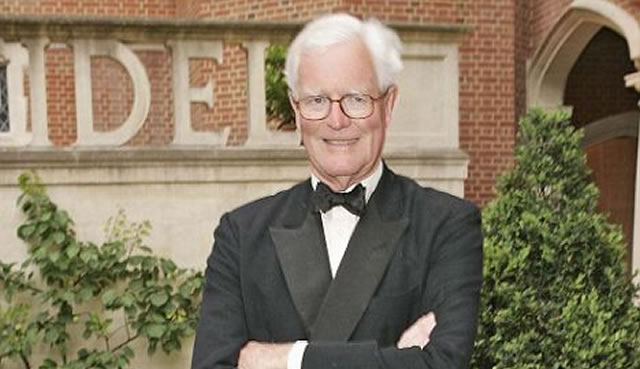Editorial Comment: Death penalty serves no useful purpose

THE formal abolition of the death penalty is now overdue in Zimbabwe, and so moves towards this end by the Government, announced last week by Justice, Parliamentary and Legal Affairs Minister Emmerson Mnangagwa, are welcome.Our Constitution, approved a few months ago by an overwhelming majority of Zimbabweans, restricts the death penalty to men aged between 21 and 70 convicted of aggravated murder.
If that sole exception to a zero-death penalty policy was not written into the Constitution it would be unconstitutional, since it would obviously conflict with other sections that ensure equal treatment for men and women.
And, more importantly, the High Court judge passing sentence now has discretion under the Constitution. The death penalty for murder without extenuating circumstances is no longer automatic.
There are many arguments in favour of total abolition now, and very little that can be said in favour of retaining this last scrap of the death penalty.
For a start, there are the moral arguments. Abolitionists have always argued that killing killers reduces society to the same warped view of the world that murderers have, that killing someone can solve a problem. We need to operate at a much higher level.
Those in favour of death penalties argue that there is a need for retribution, but most people think that punishment is enough so long as there is a very long jail term, and life without possibility of parole is the appropriate sentence for the worst killers. They will die in jail, since they have lost their right to be in society, but we will not kill them.
Another argument is the need to deter killings. But evidence from around the world and from Zimbabwe itself shows that the death penalty is not the main deterrence.
What deters is the certainty or near certainty of arrest and conviction, backed by a severe sentence. Zimbabwe has a low murder rate, once all the culpable homicides and infanticides by psychologically disturbed mothers are removed from our homicide statistics. Very few people are deliberately killed in this country.
And the main reason for that is an extremely efficient homicide unit in the ZRP CID. When someone is murdered five to seven detectives are put full-time on the case; and they almost always catch the killer or killers. The number of unsolved killings since independence can be counted on the fingers on one hand.
Secondly, Zimbabwe has been operating what amounts to a moratorium on executions for almost two decades. Our murder rate has not risen. The only executions in this period were of a group of escaping prisoners who killed a guard. The rest have seen their sentences formally commuted to life imprisonment or are likely to see that happen.
Since independence the Government has always been reluctant to hang a killer, and the decision to hang is a Government, not a judicial, decision. Once the High Court has sentenced a murderer to death, and the Supreme Court has confirmed that sentence after the automatic appeal, the actual execution warrant is signed after a Cabinet decision that the execution should go ahead.
It is not a State secret that President Mugabe himself is at heart an abolitionist, which is one reason it was made a Cabinet decision, and now Minister Mnangagwa has made it clear that he personally is strongly opposed. He saw the “happy hangers” of the Smith regime at work and was revolted, as were many in our post-independence governments.
The only question left to debate, in our opinion, is the appropriate punishment for the sort of person our courts have been sentencing to death. Clearly, we need to start with life imprisonment. But in some countries that can mean release after 15 years, and most Zimbabweans would oppose that as far too lenient.
On the other hand, life imprisonment for a youngish man or woman could mean 50 plus years behind bars, and that might be too severe in some minds, although not all, for anything but the most gruesome of murders.
It is these sort of details that Minister Mna-ngagwa and his legal experts need to think about as they clean up our legislation to bring it into line with the new Constitution, and to take that final step to abolish the death penalty for the last crime and last group of convicts it can apply to.
Hanging must go, but we still need an appropriate sentencing policy that deters and punishes this worst of crimes; there can be no argument there.
But the policy must also, in the end, offer a final hope of redemption.










Comments